Residential
Treatment
Spirituality and dependence on a Higher Power
Caring for each person
Acceptance of the individual
Respect of each individual
Open Mindedness to others
Confidentiality to staff and clients
Honesty and sober living
Unconditional love
CLICK FOR A COPY OF THE INTAKE PACKET
THE PROGRAM
OUR SUPPORT & BELIEF
We provide support services for clients as they transition from in-patient treatment to independent living. We believe that intermediate care services increase the effectiveness of treatment for substance abuse programs and that the percentage of individuals remaining in recovery is increased by living in a structured and protected environment for up to their first six months of recovery.
WE OFFER
Housing and Meals
A structured environment with individual and group counseling
Active involvement in 12-Step Programs
Recovering Alcoholics and Drug Addicts referred by various sources.
WE SERVE
OUR GOAL
To help recovering alcoholics and drug addicts develop and/or restore strength, hope, and stability to their lives, so that they become healthy, productive citizens.
O’Brien House offers a 3 months comprehensive, multi-phase residential program based upon the American Society of Addictive Medicines (ASAM) Levels of Care criteria. This program utilizes cognitive-behavioral, rational emotive and motivational enhancement therapies and includes:
A structured environment with individual and group counseling by qualified professionals
Housing facilities for men and women
Nutritionally balanced meals
Involvement in Alcoholic’s Anonymous and other 12 Step Programs
Life Skills Program which includes career counseling, job readiness training and job placement assistance
-
Phase One is the beginning phase of the clinical program. The average length of time for clients in Phase One is a minimun of 4 weeks. The length of time is less important than the accomplishment of Treatment Plan Goals.
Phase One clients must meet the following criteria and goals before being approved for Phase Two:
Articulate their commitment to abstain from all mood-altering substances.
Articulate the positive impact that being sober will have on the quality of life.
Identify / appropriately label / release any feelings associated with their substance abuse.
Identify relapse triggers and high-risk situations.
Articulate techniques and coping skills to avoid relapse triggers.
Consistent completion of all assignments from Primary Clinician (Step-work, treatment plan assignments, etc.).
Consistent compliance with / Demonstrated ability to responsibly take prescribed medication (If applicable).
Complete life story assignment and other assignments given by treatment department.
Create a resume.
Begin an aftercare plan that includes the following: housing, savings, treatment continuation, at minimum 2 sober supports outside of sponsor.
Comply with random UA’s (as specified in Conditions of Residency).
Articulate that they feel capable, competent, and willing to seek full-time employment.
Cooperatively accept feedback and provide input in session with Primary Clinician when discussing components of transitioning to the next level of care.
Phase One clients may not leave the premises unless they are accompanied by a staff member except with prior approval and special permission from the treatment director.
-
Phase Two is the secondary phase of the clinical program. The average length of time for clients in Phase Two is six to eight weeks. As with Phase I, the length of time is less important than accomplishing your Treatment Plan Goals.
Phase Two clients must meet the following criteria and goals before being approved for Phase Three:
Complete hypothetical budget and submit to Primary Clinician.
Cooperatively participate in session with Primary Clinician in which details of work search and Phase Two requirements are discussed.
Complete Sponsor Agreement form: Obtain a 12-step Sponsor by the third week in Phase Two. Clients must give name and telephone number of the sponsor to their primary counselor and must sign a release of information form. Clients are required to contact their sponsors a minimum of three (3) times a week and involve them in their O’Brien House program. Any changes in sponsorship must be discussed with primary counselor prior to making the change.
Submit weekly / bi-weekly pay stubs.
Demonstrate a consistent effort to maintain Client Service Fees (*fees must be at $0 to transition to Phase Three).
Finalize an aftercare plan that includes the following: housing, a savings account, treatment continuation, at minimum two (2) sober supports outside of sponsor.
Have $300 in a savings account.
Consistent compliance with demonstrated ability to responsibly take prescribed medication (If applicable).
Comply with random UA’s (as specified in Conditions of Residency).
Completion of assignments given by treatment team.
Cooperatively accept feedback and provide input in session with Primary Clinician when discussing components of transitioning to the next level of care.
Phase Two clients must sign in and out for each activity off-premises.
-
Phase Three is the final phase of the clinical program and prepares the client for transition. In order to be in this phase, client should be approximately sixty (60) days clean and sober, have a sponsor and home group, and have all fees and savings up-to-date.
Phase Three clients must meet the following criteria and goals prior to graduation from the program:
Maintain Consistent and Stable employment.
Submit weekly / bi-weekly pay stubs.
Client fees currently at $0.
Develop a savings account/plan and have $300 in savings prior to graduation.
Consistent attendance in:
Consistent compliance with demonstrated ability to responsibly take prescribed medication (If applicable).
Comply with random UA’s (as specified in Conditions of Residency).
Completion of at least 90% of Treatment Plan Goals that are documented as Critical.
Completion of assignments given by treatment team.
Cooperatively collaborate with Primary Clinician to stabilize aftercare arrangements:
Stable Housing
Detailed plan for continued attendance at 12-step meetings
Savings Account
Stable Employment or Established Income
Referrals for continued mental health, substance abuse, medical, dental or other primary care plans
Identify names of supportive peers / groups to associate with
Phase III Clients graduating will be responsible for taking all electronics with them. Any phones/electronics left will be donated if unclaimed within 5 days of discharge.
Phase Three clients no longer need passes to leave the property, but they must still sign in and out each time they leave the premises.
For more information contact:
Karla Alexander, LAC, LCSW
Clinical Director
Office (225) 344-6345
kalexander@obrienhouse.org
Blake Davis
Intake Coordinator
Office (225) 344-6345
bdavis@obrienhouse.org
or
email intake@obrienhouse.org

